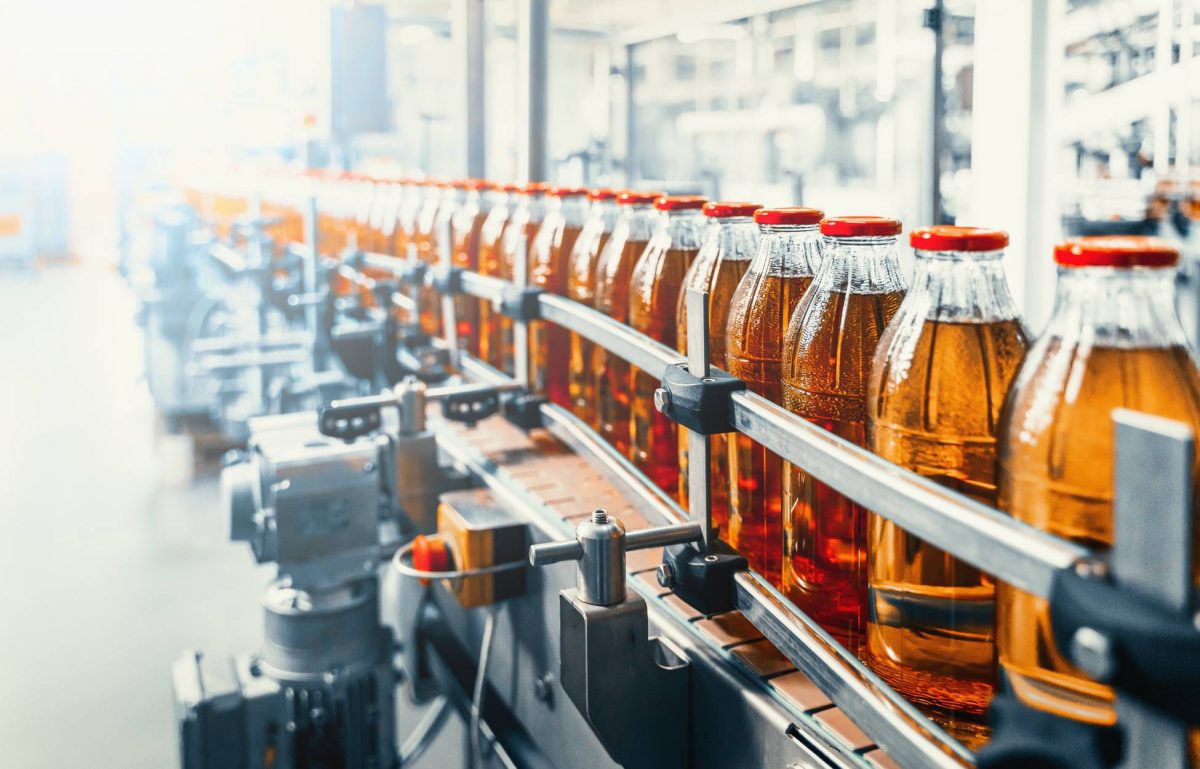Single-use bioprocessing is revolutionizing many industries. It offers key benefits like flexibility, reduced contamination risk, and cost savings. Continue reading to explore the different industries that use single-use bioprocessing.
Pharmaceutical Industry
The pharmaceutical industry stands as a major adopter of single-use bioprocessing. It enhances efficiencies in drug development and production, allowing companies to scale up quickly and reduce contamination risks. With the constant demand for new medications, single-use systems offer a flexible solution that can adapt to changing needs. However, the industry must balance these benefits with challenges in single-use bioprocessing, such as waste management and regulatory compliance.
Biotechnology Industry
Biotechnology companies leverage single-use bioprocessing to accelerate the development of biologics and vaccines. This approach allows rapid prototyping and testing of new processes, which is crucial in a field driven by innovation. The reduction in cleaning and validation times also shortens production cycles. Yet, biotechnologists often face challenges, including ensuring consistent quality and managing supply chain logistics.
Food and Beverage Industry
In the food and beverage industry, hygiene and product quality are paramount. Single-use bioprocessing systems help maintain these standards by reducing contamination risks compared to traditional stainless-steel setups. Companies can also switch between product lines swiftly, which is beneficial for seasonal or limited-edition products. Nevertheless, addressing challenges in single-use bioprocessing, such as material integrity and sustainability, remains essential.
Cosmetics and Personal Care Industry
The cosmetics and personal care sector utilizes single-use bioprocessing to ensure product purity and consistency. With the rise of natural and organic beauty products, single-use systems minimize cross-contamination and preserve ingredient integrity. This technology supports innovative product development with reduced downtime between batches. Despite these advantages, firms must carefully manage challenges, such as waste disposal and compatibility of materials with sensitive formulations.
Environmental and Waste Management
Even environmental and waste management industries find value in single-use bioprocessing. It plays a role in wastewater treatment and bioremediation by offering a controlled environment for microbial processes. The ease of setup and smaller footprint make it ideal for remote locations or temporary sites. However, practitioners must address challenges, like the lifecycle impact of disposable materials and the need for robust logistics systems.
Single-use bioprocessing continues to shape the future of these industries, driving efficiency and innovation. By staying informed about future trends and impacts, you can better prepare for the evolving landscape. Consider exploring further how single-use bioprocessing might benefit your operations.













